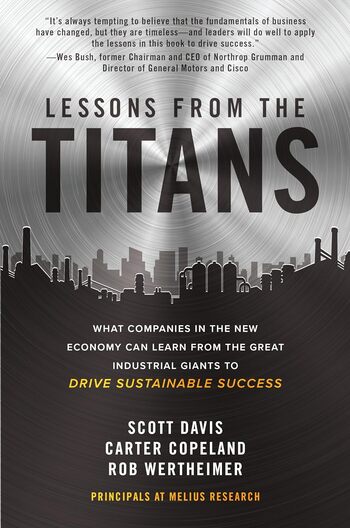
Michael Newman’s ‘Socialism: A Very Short Introduction’ explores the diverse ideologies within socialism, its evolution from the 19th century, and its challenges against capitalism and neoliberalism.
Main Lessons
- Socialism aims to establish an egalitarian society by challenging capitalism’s structural barriers.
- The industrial revolution birthed socialism, with Karl Marx’s idea of class struggle playing a pivotal role.
- Socialism diverged into reformists, advocating democratic change, and revolutionaries, seeking overthrow of the bourgeoisie.
- The ideological clash between social democracy and communism marked socialism throughout the 20th century.
- Sweden’s social democracy focused on strong labor laws rather than nationalizing businesses.
- Cuba implemented a distinct form of socialism under Fidel Castro despite facing major economic hurdles.
- The inclusion of feminist and green politics fragmented yet enriched socialist movements.
- Neoliberalism, advocating market deregulation, emerged to counter social democracy, exacerbating inequalities.
- Socialists must learn from past experiments and focus on sustainable, democratic economic strategies.
- Despite setbacks, socialism’s relevance persists due to ongoing capitalist issues.








